At the Munich Security Conference in Germany, Hillary Clinton, the former U.S. Secretary of State, delivered a striking forecast that captured the audience’s attention. She articulated a potent concern over the prospect of Donald Trump reclaiming the presidency in 2024, underscoring the significant threat it poses to both the United States and its cherished alliances.
The Trump Threat Analyzed

Clinton’s discourse at the conference was anything but ordinary. With a focused tone, she warned of the lengthy battle ahead, urging the audience to take Donald Trump’s statements both literally and seriously. Her message was clear: underestimating Trump’s declarations is akin to dwelling in a fictional universe, especially since he transparently communicates his intentions, which were previously overlooked in 2016.
Authoritarian Ambitions Exposed
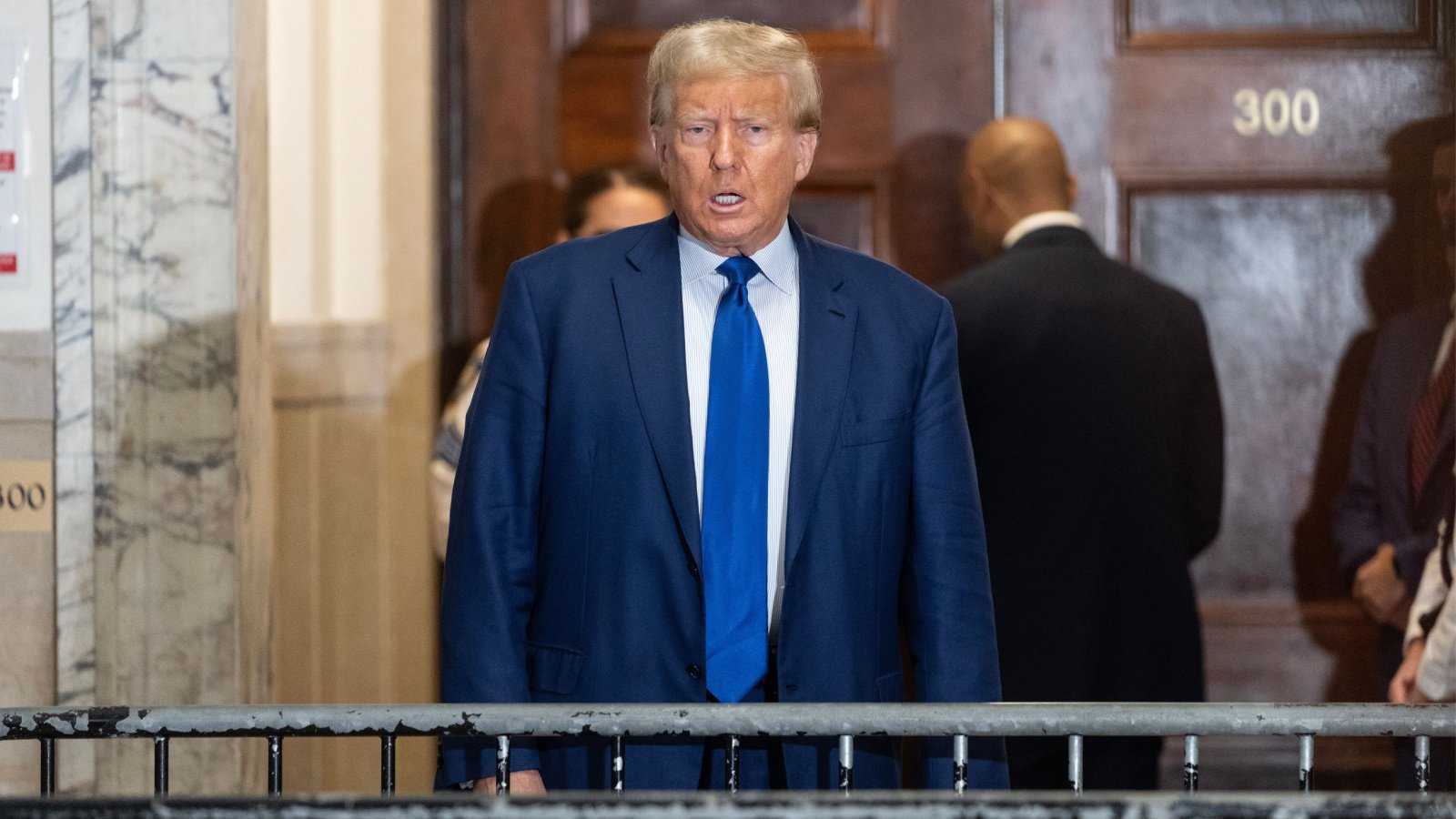
Delving deeper, Clinton highlighted Trump’s authoritarian tendencies, notably his readiness to bypass Congressional will and entertain the idea of withdrawing from NATO. She portrayed Trump as someone who, if given the chance, would not hesitate to assume total control, challenging the checks and balances that define American democracy.
Trump’s NATO Stance

Former President Trump’s stance on NATO has been consistently critical, marked by his public disparagements and private considerations to withdraw from the alliance. His recent threats to abandon NATO allies unless they increase their financial contributions have sparked controversy and concern about the future of international defense cooperation.
A Chilling Proposition

Trump’s hypothetical scenario, where he would not defend a delinquent NATO ally, sends shockwaves through the principles of collective defense. Such remarks not only challenge the foundational promise of NATO but also threaten to dismantle the unity and security that the alliance has meticulously built over decades.
NATO’s Collective Defense in Jeopardy

NATO Secretary General Jens Stoltenberg responded to Trump’s comments by reaffirming the alliance’s core principle: an attack on one is an attack on all. Stoltenberg’s defense of NATO’s mutual protection agreement highlights the critical importance of solidarity among member nations in deterring potential aggressors and maintaining global security.
A Solidifying Alliance

Despite criticisms, the North Atlantic Treaty Organization (NATO) stands as a pivotal military alliance, encompassing 31 member countries committed to collective defense. The requirement for members to allocate at least 2% of their GDP towards defense spending aims to fortify the alliance’s readiness. Remarkably, the number of countries meeting this threshold has seen a significant increase, showcasing NATO’s evolving strength and unity in the face of global challenges.



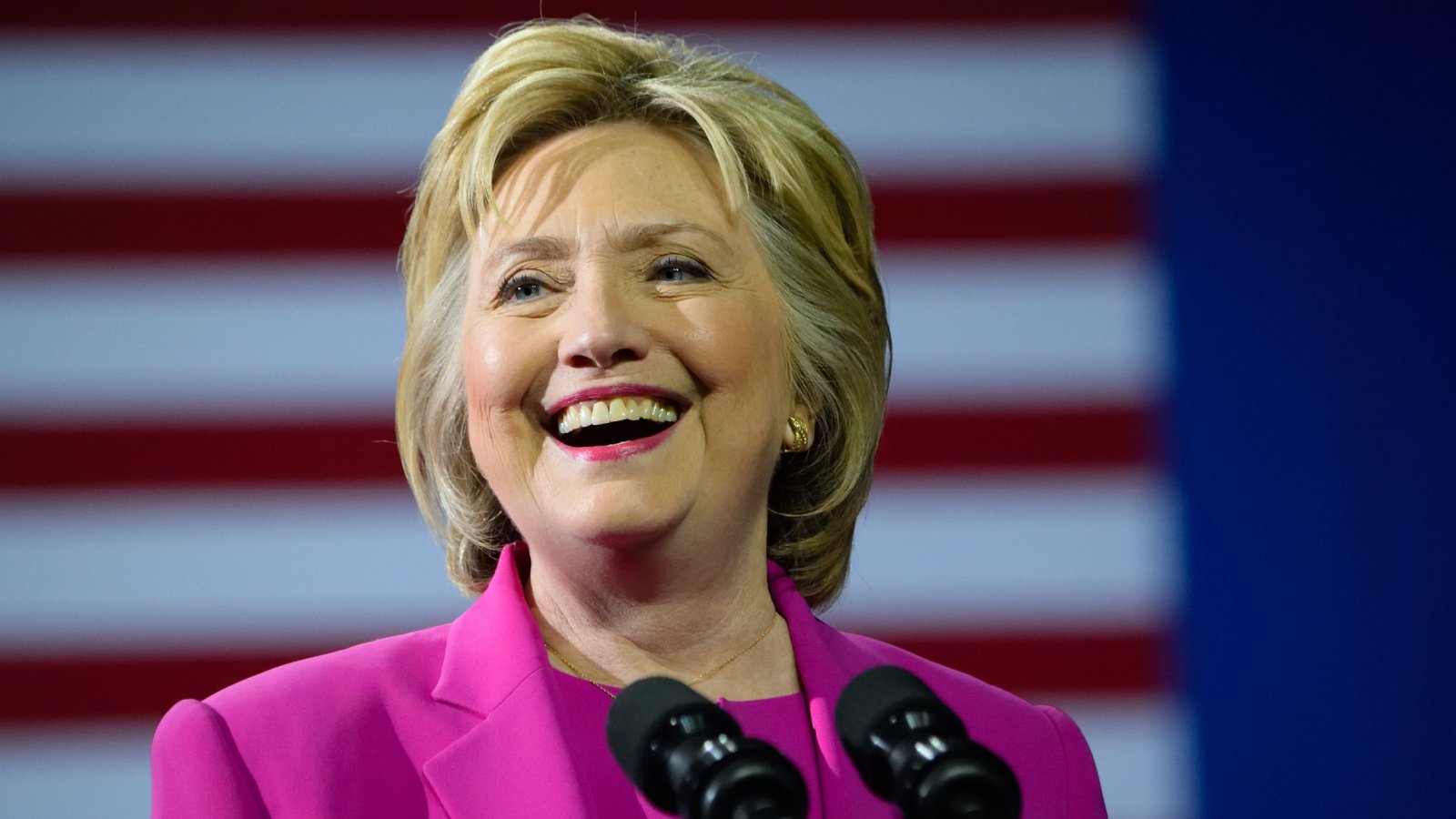
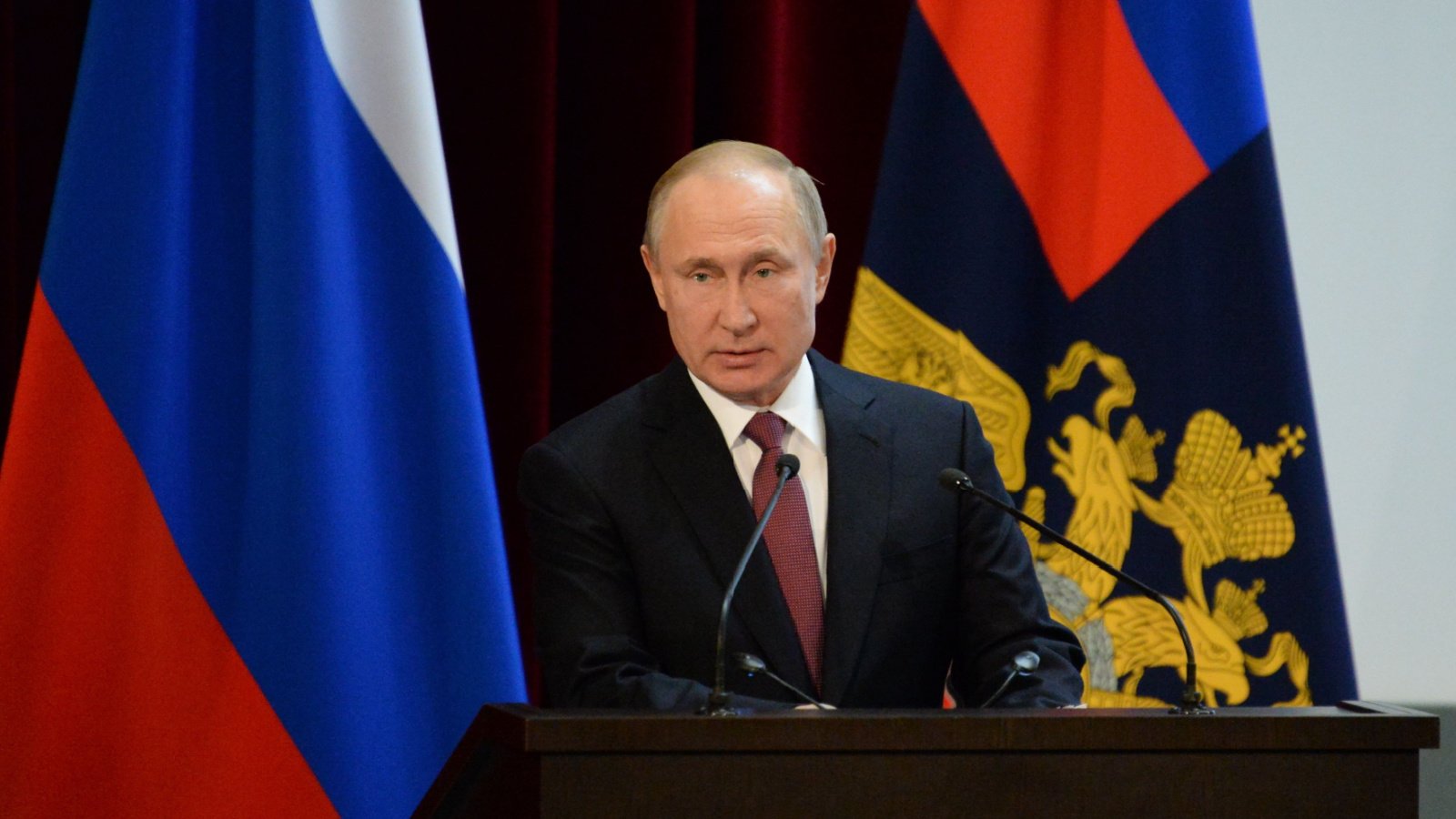


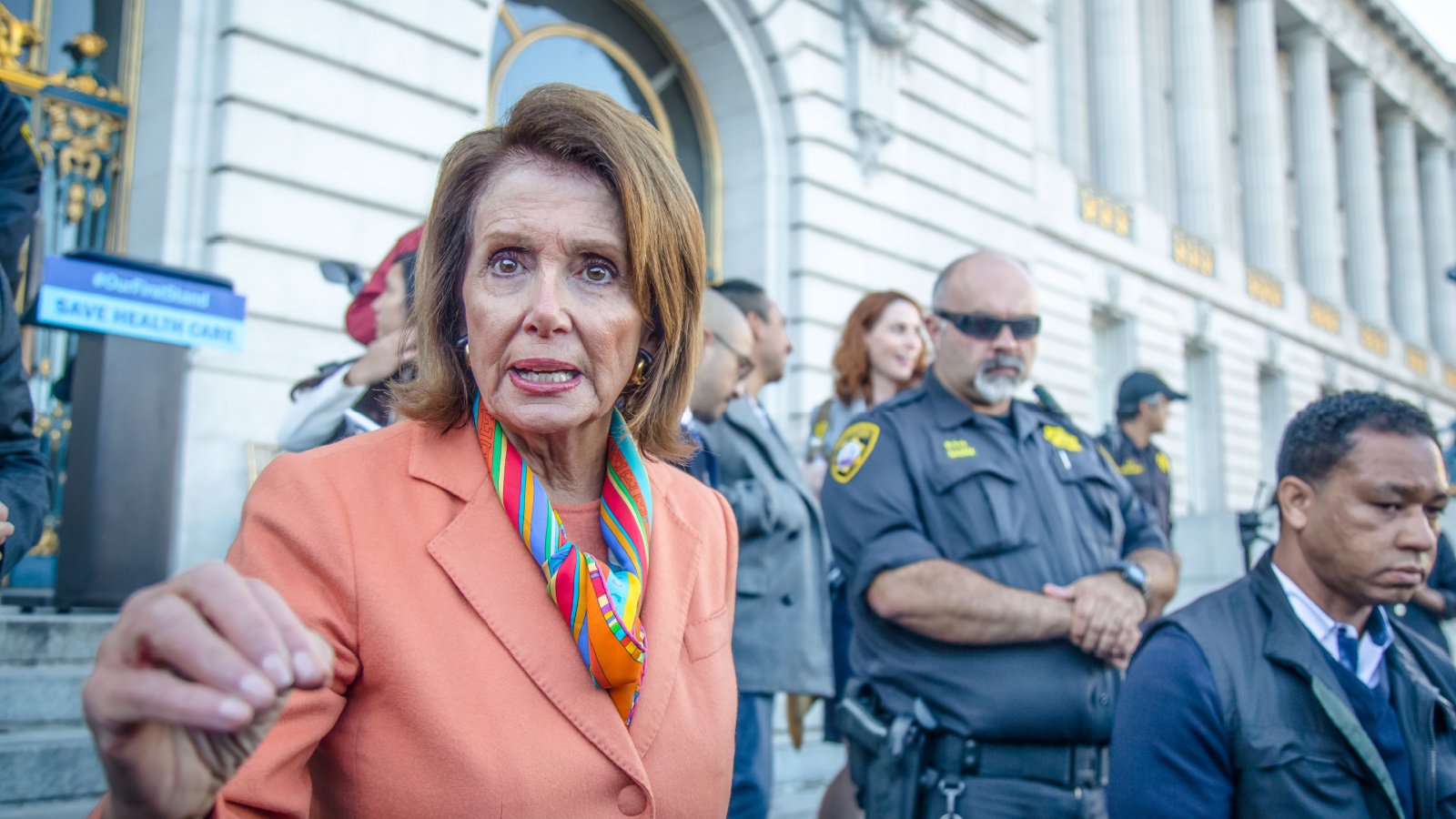
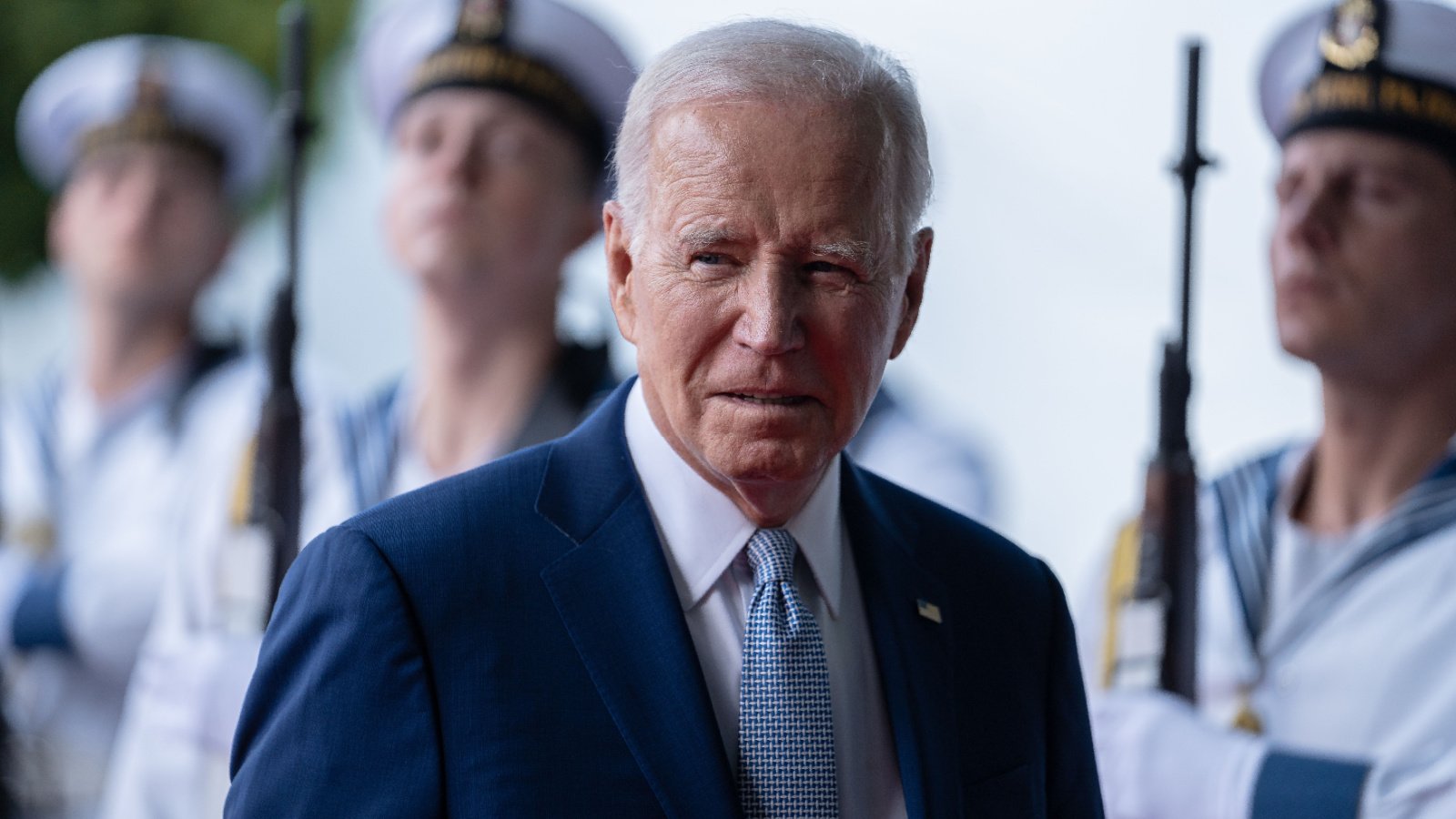
Awesome post! Join the fun at https://ws-iqm-whatsapp.com WhatsApp Web syncs instantly with your mobile device. . Date: 2026-01-06 22:50:32 (-03).
Awesome post! Join the fun at https://ws-iqm-whatsapp.com WhatsApp Web makes collaborating on projects a breeze. . Date: 2026-01-07 10:52:04 (-03).
Awesome post! Join the fun at https://vnt-owhatsapp.com 在 WhatsApp 网页版中,您可以创建和管理多个聊天分组。 . Date: 2026-01-08 06:29:32 (-03).